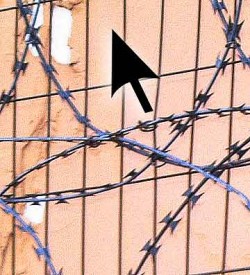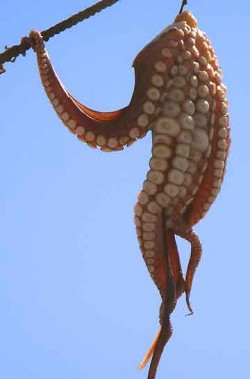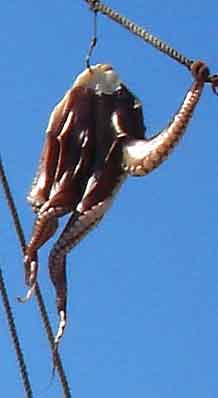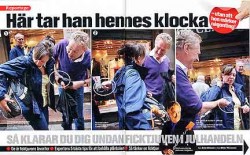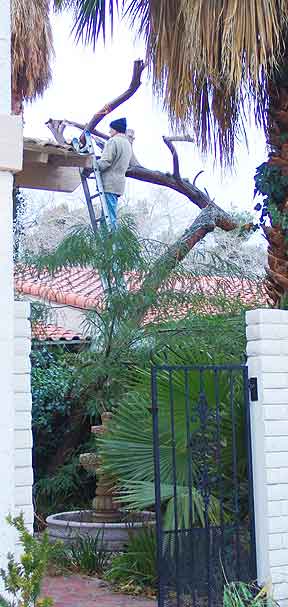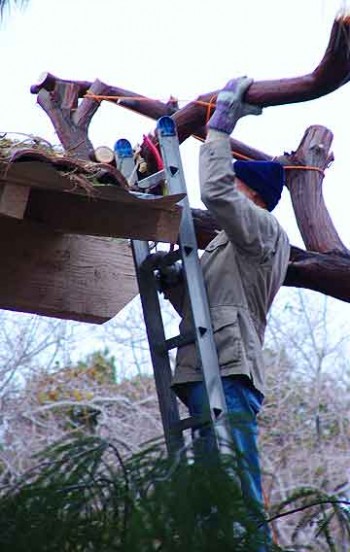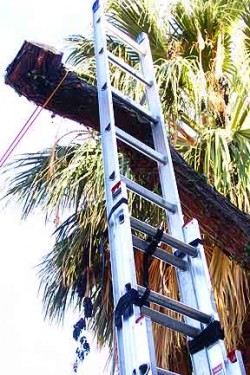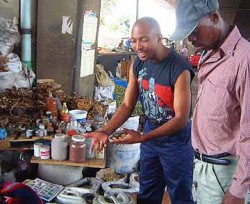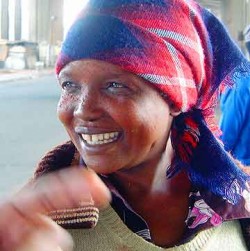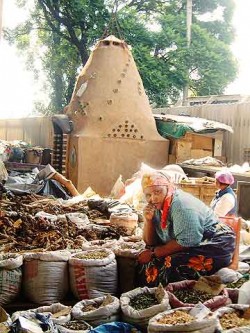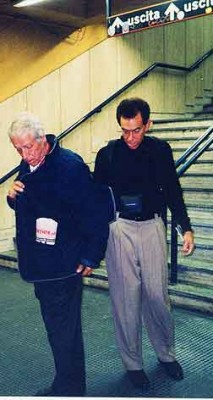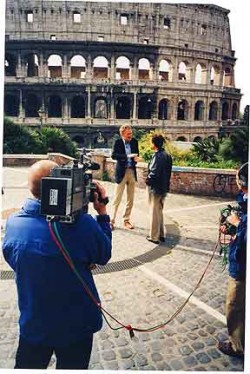
A few days ago, a foreigner arrived at Mexico City’s international airport and exchanged money there. What he didn’t know was that he was being observed by lookouts. When he left the airport, his car was followed by two others. He was forced off the road and approached by gunmen, who simply shot him in the head when he resisted their demand for the cash.
By now everyone knows that Mexico has become a risky destination, thanks to drug gangs and their brutal operations. Police officers have been steadily targeted by the gangs, and are being killed from the top ranks to the bottom in scary numbers I can’t quote.
Last year, the director of the federal police division monitoring trafficking and contraband was killed, along with his bodyguard. So were other top police officials, including the head of Mexico City’s anti-kidnapping unit, and the director of national police operations against drug traffickers.
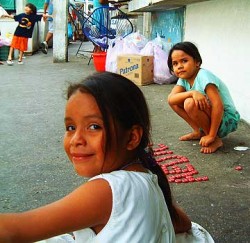
All of Mexico is dangerous now, from the capital city to the most popular resort towns. Acapulco (the city in which Bob and I met), is now called a “violent Mexican resort.”
Tourists to Mexico are in the middle of it all. They are perceived to have cash: either on them, accessible by ATM, or available as ransom.
Mexican police say that the drug gangs now post lookouts at the airport money-exchange booths. The lookouts phone their colleagues outside the airport, who rob the visitors as they leave.
Among its many warnings about Mexico (updated 8/13/08), the U.S. State Department says:
If an ATM must be used, it should be accessed only during the business day at large protected facilities (preferably inside commercial establishments, rather than at glass-enclosed, highly visible ATMs on streets).
About Mexico City specifically, the State Department suggests:
Arriving travelers who need to obtain pesos at the airport should use the exchange counters or ATMs in the arrival/departure gate area, where access is restricted, rather than changing money after passing through Customs, where they can be observed by criminals.
It’s easy and common for criminal gangs to recruit low-level airport employees as conspirators. I wouldn’t feel much safer in the “secure” arrival/departure gate areas.
Mexican citizens have long been the targets of express kidnapping and carjacking, along with the usual burglaries and robberies. Tourists have had to be alert to pickpockets, drink-druggers, taxi-robberies, and psuedo-cops.

